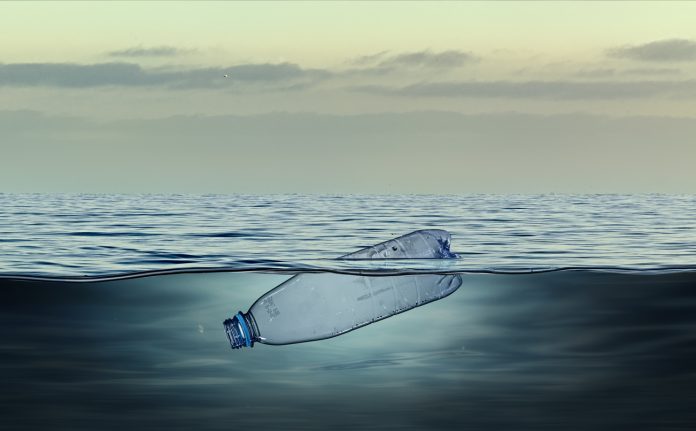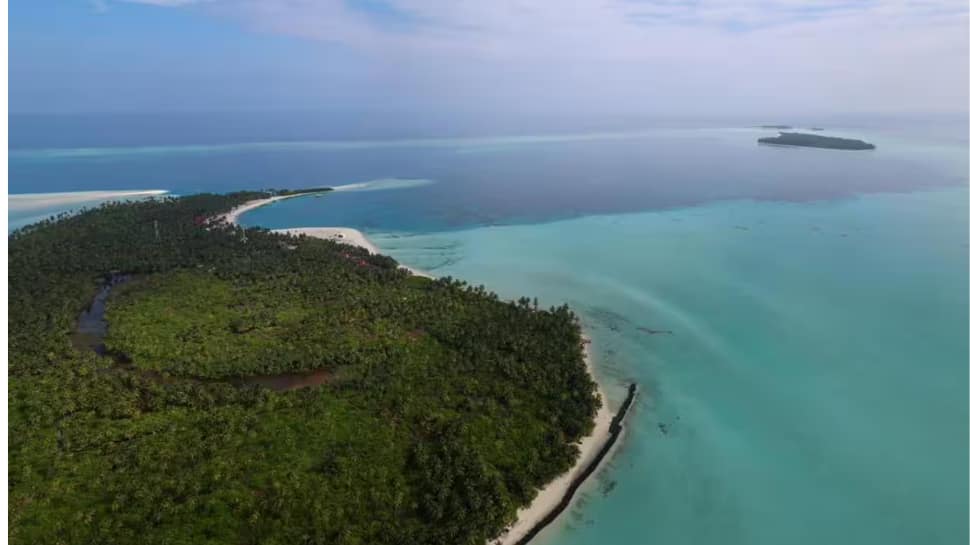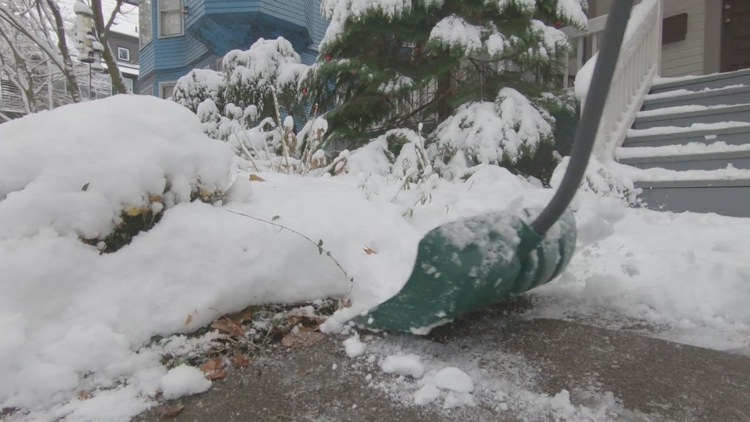
Open Access News Environment Global environmental policy updates January 2, 2025 Image: © posteriori | iStock Explore the latest global environmental policy updates through this insightful and thought-provoking analysis from Open Access Government Our first stop on a global environment policy update journey concerns part of the Government of Canada, Environment and Climate Change. Canada is responsible for administering and enforcing the pollution prevention provisions of the Fisheries Act, which prohibits the deposit of harmful substances into waters frequented by fish. Under this Act, Environment and Climate Change Canada enforcement officers have the authority to conduct inspections and gather necessary information to assess compliance with the Act and its regulations.
For instance, on November 18, 2024, a company was convicted by the Court of Québec and ordered to pay a fine of $100,000 after pleading guilty to violating the Fisheries Act. This conviction stems from events between June and September 2022, during which the company obstructed the enforcement officers. (1) Freshwater in Canada Secondly, did you know freshwater is the most precious natural resource for cleaning, drinking, sanitation, industry, recreation, agriculture, and ecosystem health? It is also sacred to many Indigenous peoples and revered as a life-giver.

However, freshwater in Canada faces increasing pressures from pollution, climate change, and other threats. Canadians recognise freshwaters the importance of and seek action. In October 2024, the Honourable Steven Guilbeault, Minister of Environment and Climate Change, heralded the establishment of the Canada Water Agency as a standalone federal entity headquartered in Winnipeg, Manitoba.
This Agency will collaborate closely with partners to implement key components of the Freshwater Action Plan, develop a robust strategy for freshwater protection, and address transboundary opportunities and challenges. The Canada Water Agency will provide expertise in freshwater policy and lead the creation of a national freshwater data strategy, enabling Canadians to make informed decisions regarding their environment, health, economy, and safety. The Agency will continue to work closely with Environment and Climate Change Canada and other federal departments and agencies to support and enhance freshwater science.
Additionally, the Canada Water Agency will manage freshwater funding programs in eight waterbodies of national significance: the Great Lakes, Lake of the Woods, Lake Winnipeg, Lake Simcoe, the St. Lawrence River, the Fraser River, the Mackenzie River, and the Wolastoq/Saint John River. Looking ahead, the Agency will provide contributions and grants for hundreds of projects to restore and protect freshwater in Canada, funded by the investment outlined in Budget 2023.
“Canadians value fresh water and understand its importance for health, prosperity, and cultural practices. Given pollution, land-use, and other stressors, we must take action now to safeguard fresh water. The creation of the Canada Water Agency is a key step in strengthening freshwater management, protection, and stewardship in Canada,” the Honourable Steven Guilbeault said.
(2) Plastic pollution in North America Thirdly, we know that plastic is the most common marine debris in the oceans and Great Lakes in America. Plastic debris can vary in shape and size, but pieces less than five millimetres long – about the size of a pencil eraser – are termed “microplastics.” As a relatively new area of research, understanding microplastics and their impacts still needs to be improved.
The National Oceanic and Atmospheric Administration (NOAA) Marine Debris Program is at the forefront of efforts to study this issue in America. They have developed standardised field methods for collecting microplastic samples from sediment, surface water, plus sand, and these methods continue to be tested. Eventually, these standardised protocols will enable global comparisons of the amounts of microplastics released into the environment.
This is a crucial first step in determining how this debris is distributed, its impacts, and its ultimate fate. (3) Also, did you know Canada was pivotal in creating a roadmap toward an ambitious global agreement to end plastic pollution? This development came as the fourth session of the Intergovernmental Negotiating Committee (INC-4) concluded in Ottawa in April 2024, marking a significant step forward in pursuing a legally binding international agreement to eliminate plastic pollution by 2040. Canada collaborated with all delegations to create a roadmap highlighting the critical progress in building consensus and bridging gaps among Member States.
Minister Guilbeault announced several domestic initiatives in Canada, including establishing the Federal Plastics Registry . This new tool will compel plastic producers and other companies to monitor and track plastic from its production to its end of life. Additionally, Minister Guilbeault revealed funding to support Canadian businesses and organisations developing innovative solutions to advance Canada’s zero plastic waste agenda.
On behalf of the Honourable Ahmed Hussen, Minister of International Development, Minister Guilbeault also announced that Canada would provide funding for the Global Plastic Action Partnership. This funding aims to support the development of partnerships in developing countries to combat plastic pollution. “We are no longer talking about “if” we can get there, but “how.
” It would mark one of the most significant environmental decisions since the Paris Agreement and the Kunming-Montréal Global Biodiversity Framework. We are doing everything we can to raise the international profile of the plastic pollution crisis so that the agreement gets the global attention it deserves to cross the finish line,” the Honourable Steven Guilbeault commented. (4) Europe’s progress toward a circular economy Fourthly, in the October 2024 edition of Open Access Government, Florika Fink-Hooijer, Director-General of the Directorate-General for Environment at the European Commission, discussed Europe’s progress toward a circular economy.
Fink-Hooijer highlighted the success of two multi-annual action plans, notably the 2020 plan, which has led to new regulations for waste streams like municipal waste, textiles, and food, as well as broader initiatives promoting a life-cycle approach. Key developments include regulations for Batteries and Packaging Waste, efforts in the automotive sector, and a forthcoming Regulation on Ecodesign for Sustainable Products. A new approach to Ecodesign marks a significant shift from directives requiring Member States to enforce obligations to regulations that establish direct requirements for businesses across Europe.
This change makes economic sense and aligns with the current geopolitical landscape. In light of the pandemic, the climate and biodiversity crisis, and the ongoing war in Ukraine, there is a heightened awareness of the need to improve and re-use depleted material resources. “It will help consolidate our strategic autonomy, reduce our reliance on fossil fuels, and make an indispensable contribution to Europe’s decarbonisation.
At the same time going circular reduces extraction and processing of precious resources and thus helps to preserve biodiversity,” Fink-Hooijer added. Europe needs to expand business models focused on greater circularity, integrating new rules on reparability, refurbishing, re-use, and recycled content with ‘servitisation’, “where customers pay for a service like air conditioning, rather than investing in the equipment themselves”. Fink-Hooijer highlighted that this approach could enhance circularity, boost economic efficiency, and create new job opportunities as the transition evolves.
Achieving this shift will require more than one political cycle, but clear steps can lead to a decisive change towards circularity and improved resource efficiency. Pioneering circular business models need to become widespread and for circularity to become mainstream. (5) Environmental policy worldwide: Closing thoughts We reflect on our journey through global environmental policy, including issues related to Canadian waters, the efforts to end plastic pollution, and Europe’s progress toward a circular economy.
We wish the relevant government departments success as they advance policies in these and other critical areas. References https://www.canada.
ca/en/environment-climate-change/news/2024/11/ arcelormittal-exploitation-miniere-canada-senc-ordered-to-pay-100000-forobstructing-enforcement-officers.html https://www.canada.
ca/en/canada-water-agency/news/2024/10/canadastrengthens-protection-of-freshwater-with-launch-of-standalone-canadawater-agency.html https://oceanservice.noaa.
gov/facts/microplastics.html https://www.canada.
ca/en/environment-climate-change/news/2024/04/ canada-helps-chart-roadmap-toward-an-ambitious-global-deal-to-endplastic-pollution.html https://www.openaccessgovernment.
org/pushing-circularity-into-thespotlight/177320/ Facebook Twitter LinkedIn Print Tags Environment Microplastics North America Analysis OAG 045 – January 2025 Water Supply Editor's Recommended Articles Must Read >> EU sets sights on 2040 climate policy Must Read >> Pushing circularity into the spotlight Must Read >> EU policy analysis of the Green Deal, climate, oceans and circular economy Jonathan Miles RELATED ARTICLES MORE FROM AUTHOR Fixing Africa’s air pollution and degraded soil Prioritising action to save trees from extinction The triple planetary crisis of pollution, biodiversity loss and climate change Solving the carbon storage gap with ocean-based enhanced weathering reactor technologies How to solve environmental problems with food waste and landfill sites The world’s largest coral reef has a message for us LEAVE A REPLY Cancel reply Please enter your comment! Please enter your name here You have entered an incorrect email address! Please enter your email address here Save my name, email, and website in this browser for the next time I comment. Δ.















